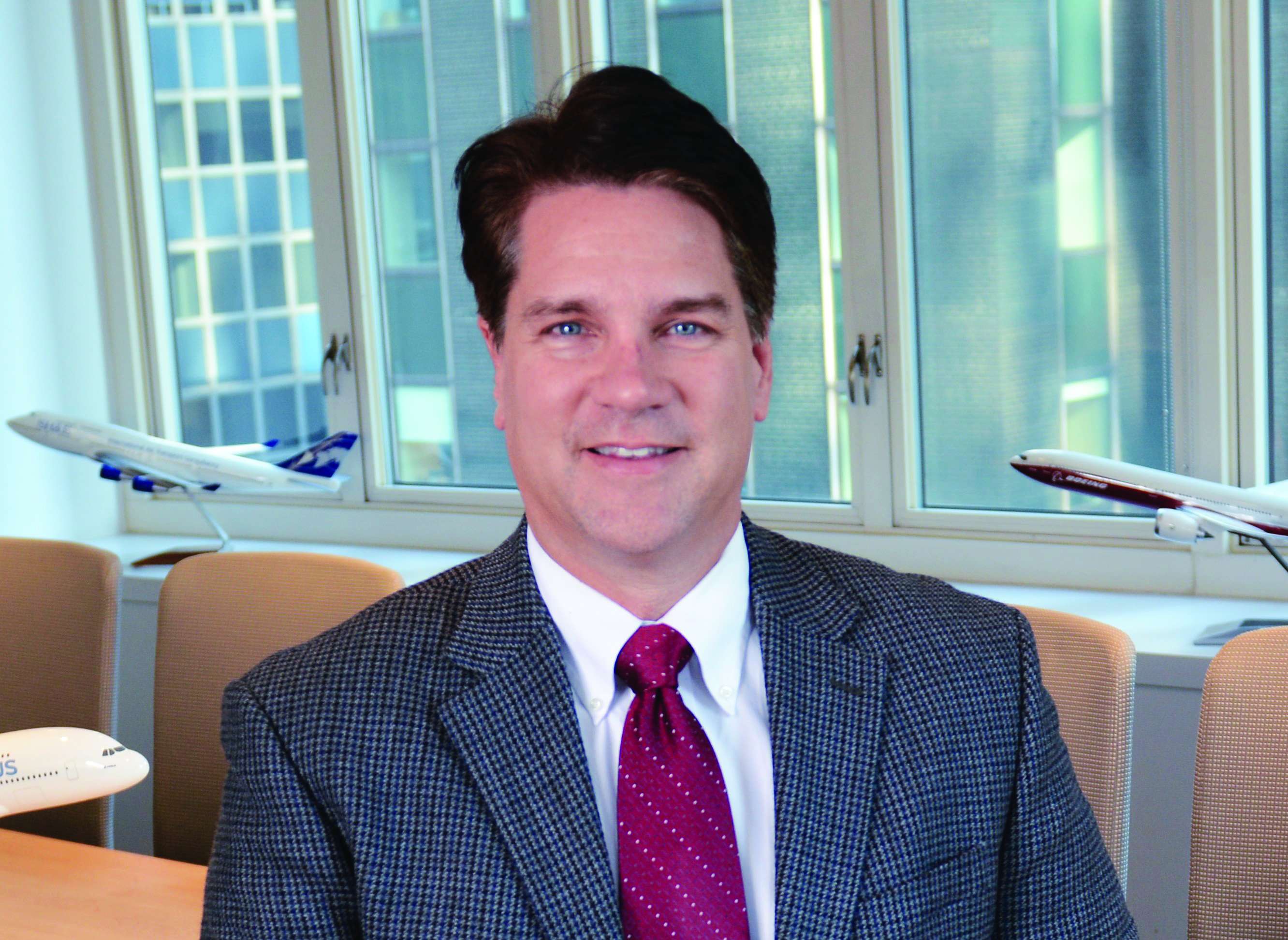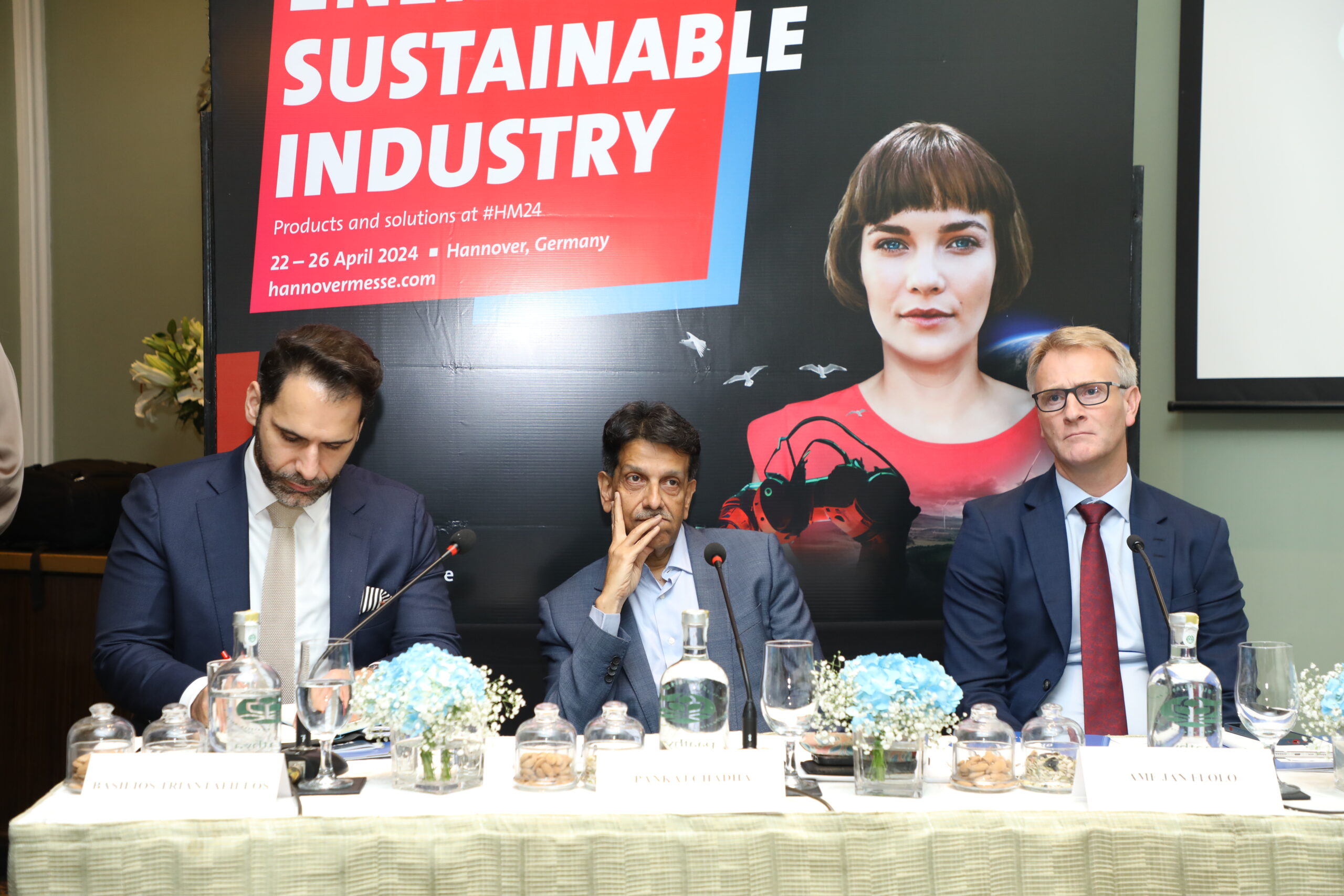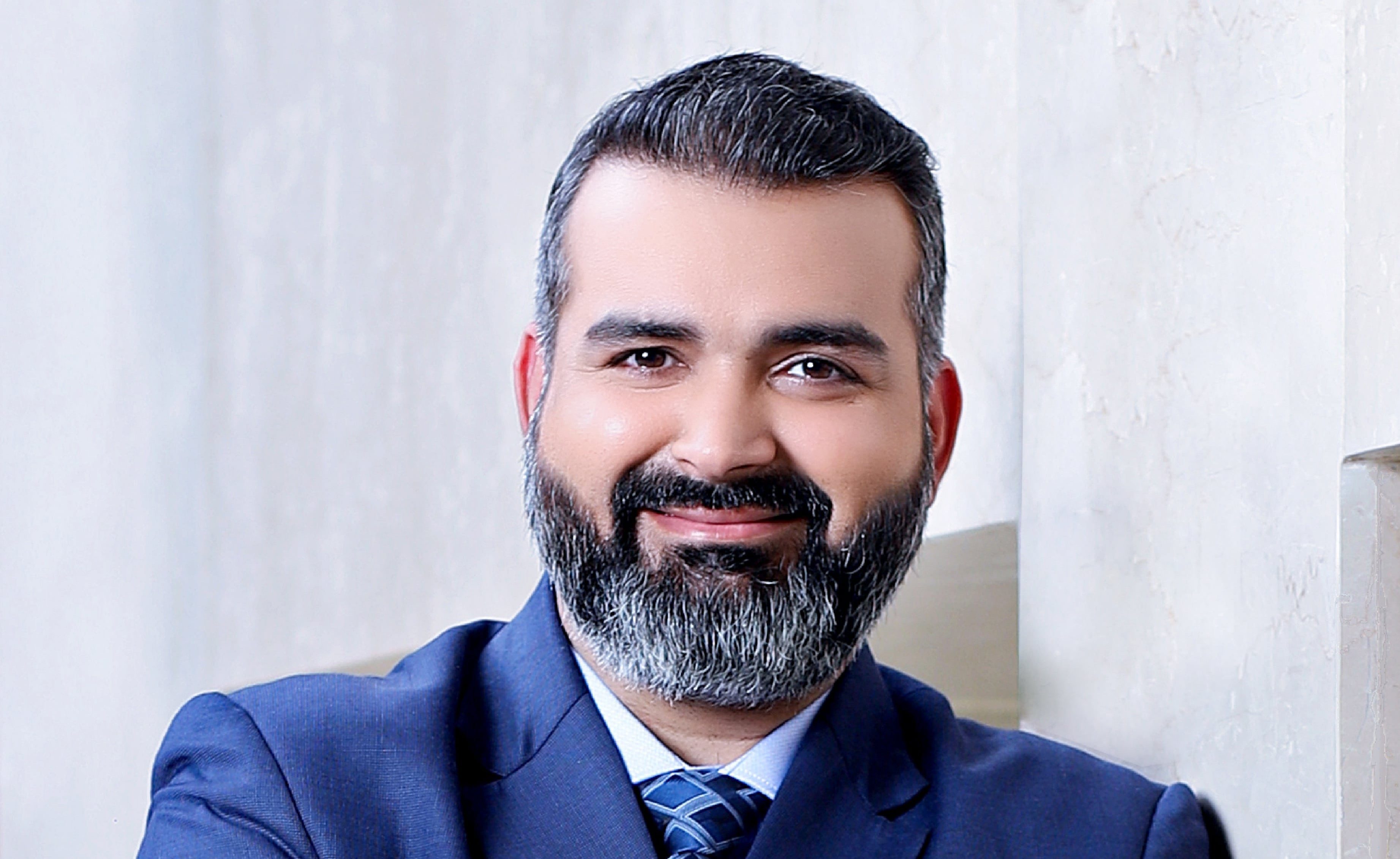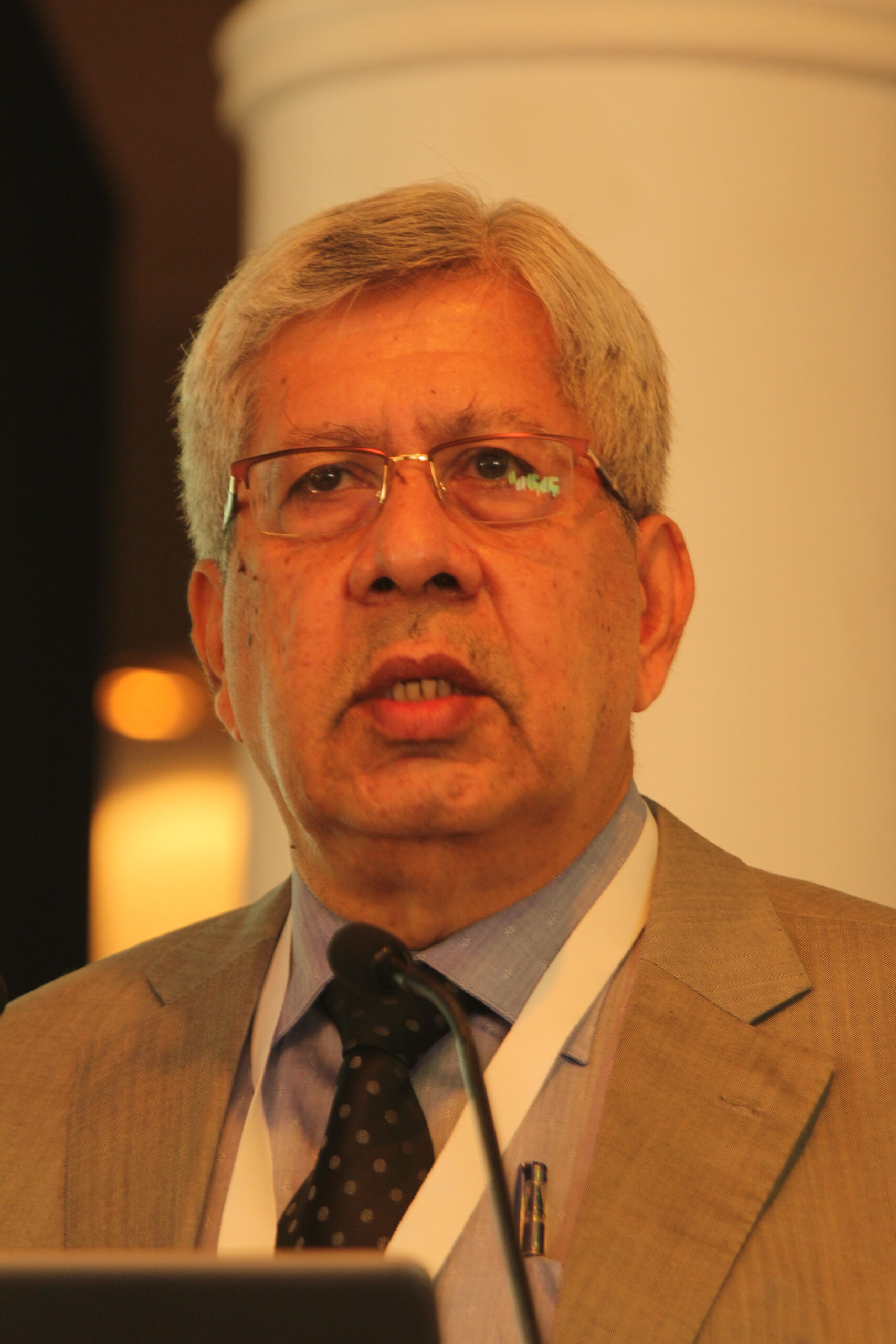India is punching below its weight in aerospace

Dr Kevin Michaels, a globally recognized aerospace-manufacturing expert shares unmissable insights on issues central to the future of India’s aerospace industry
DMI Editor Aanand Pandey spoke with Dr Kevin Michaels, Managing Director, AeroDynamic Advisory, who, along with Richard Aboulafia, Vice President, Analysis, Teal Group Corporation, prepared and presented the ‘Global Aerospace Industry’ study, which forms the basis of our cover feature. Dr Michaels a globally recognized expert in aerospace manufacturing and a contributing columnist to respected sector and business publications such as Aviation Week & Space Technology and Forbes. Edited excerpts.
In the study ‘Global Aerospace Industry – Size and Country Rankings’ released in July 2018, that was jointly done by AeroDynamic Advisory and Teal Group Corporation, you have made some astute observations about India’s aerospace industry, the kinds of which are hard to find in the local press. I am curious to know the experience that the presentation team has had in dealing with companies that operate or have interests in the Indian aerospace industry.
Richard Aboulafia, Vice President, Analysis, Teal Group Corporation [the co-presenter of the industry report] and I each have more than 30 years of experience of the aerospace industry. We’ve worked with clients across the globe, including those that have invested or are looking to grow in India. Richard is among the world’s best known aerospace analysts – he has been covering every aerospace vertical, from fighter jets to commercial aviation to offset requirements, for decades.
The study says that at $11 billion of industry size, India accounts for a little more than one percent of the global aerospace industry. How do you see India’s position and possibilities in this context?
Well, it presents an opportunity for growth. On the civil aviation side, India has become one of the largest markets for jetliners in the world. At the same time, it has built a prominent identity in engineering expertise. India is a global hotspot for aerospace engineering. The engineering and R &D centres of technology companies such as Wipro and Infosys provide services to leading airspace suppliers around the world. I understand that Bangalore has one of the highest concentrations of aerospace engineering capabilities compared to any place in the world.
The real challenge [for Indian aerospace] is to move from [being known as a place of] engineering talent to one of manufacturing. Historically, India has been a very difficult place to engage with in the area of aerospace manufacturing – [because of] the supply chain issues, terrorism, [and the fact that] the government policies that are not always friendly, etc. That said, I have seen glimpses of possibilities – UTC Aerospace Systems has a facility in Bangalore which is extremely lean. I tell people that the facility breaks many stereotypes of Indian manufacturing. It makes aircraft components such as evacuation and lighting systems and has been growing fast over the years. However, you need many more such stories. India is still best known for its engineering talent [not manufacturing].
On the defence side, India offers the biggest offset opportunities. Obviously, in view of India’s significant defence budget, western [countries’] suppliers are keen to sell to India, particularly as India transitions away from Soviet equipment and platforms. India’s aerospace defence manufacturing has been dominated by HAL for a long time, which is seen as a national champion. That’s both a challenge and an opportunity in its own right.
India is certainly punching below its weight in aerospace. It has the potential to do much more than one-and-a-half percent of global aerospace. I believe that it’s going to happen, but it’s going to take time.
Global OEMs such as Boeing and Airbus are under an enormous pressure to reduce supply chain costs. Do you think India can capitalize on its strengths such as its engineering talent and labour arbitrage to advance its position in the global aerospace industry?
There are different trends at work here. There is a lot of interest [among global companies] to do more in India because of the offset opportunities in defence. It’s true that aircraft companies are under a lot of pressure to reduce supply chain costs. As far as India’s strength in labour costs is concerned, the manufacturing of aircraft components is becoming less labour intensive. If you look at the cost of manufacturing aircraft components, say about 30 percent constitutes labour costs and 70 percent constitutes the costs of sourcing raw material and making engineered components. Nearly all of the material and components has to be imported in India, which more than offsets the labour-cost advantage. If raw materials and components can be sourced locally, it could make India much more competitive globally. At the same time, the MRO (Maintenance Repair and Overhaul) business, which is more labour intensive, is a big opportunity area for India.
Executive Profile
Dr Kevin Michaels,
Managing Director,
AeroDynamic Advisory
Dr Kevin Michaels is Managing Director of AeroDynamic Advisory, a speciality consulting firm focused on the global aerospace and aviation industries. He has 33 years of experience, including hundreds of consulting engagements for leading aviation and aerospace companies across
the globe.
Dr Michaels is a globally recognized expert in the aerospace manufacturing and MRO sectors, and has significant functional expertise in business-to-business marketing, customer satisfaction, M&A advisory, technology assessment, cluster development, and strategic planning. His experience spans the air transport, business & general aviation, and military sectors.
He is a contributing columnist to Aviation Week & Space Technology and Forbes. He also chairs the Industry Advisory Board of the University of Michigan’s Aerospace Engineering Department, and is on the Board of Directors of Proponent, a leading aerospace distributor.
Dr Michaels holds BS – Aerospace Engineering and MBA degrees from the University of Michigan, and MSc and PhD degrees in International Relations from the London School of Economics.
In 2018, Kevin authored AeroDynamic: Inside the
High-Stakes Global Jetliner Ecosystem.
https://aerodynamicadvisory.com





